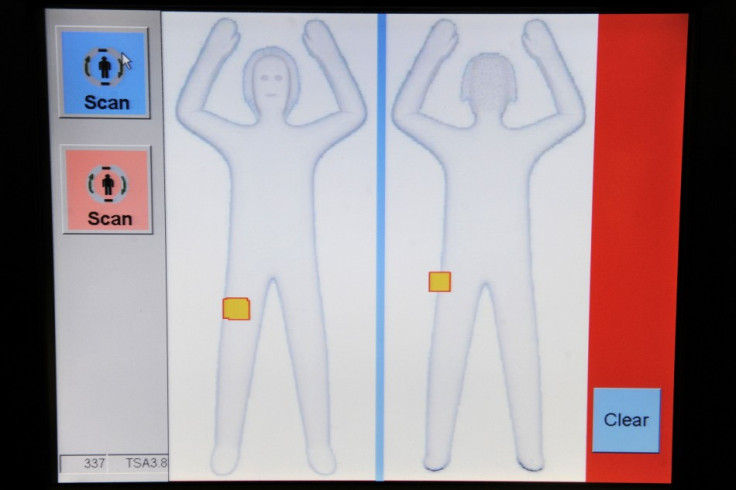Are Terrorists organisations really trying to surgically implant bombs?

The US has warned airlines of a potential threat from militants surgically implanting explosives.
The Department of Homeland Security recently issued a memo to security officials and foreign counterparts alerting them to the threat of "body packing".
No specific plot has been identified but an anonymous official said new intelligence highlighted the threat and subsequently, air passengers could now face even tougher screening measures.
In a statement, the Transportation Security Administration (TSA) said that due to "significant advances in global aviation security in recent years, terrorist groups have repeatedly and publicly indicated interest in pursuing ways to further conceal explosives.
"As a precaution, passengers flying from international locations to US destinations may notice additional security measures in place.
"These measures are designed to be unpredictable, so passengers should not expect to see the same activity at every international airport.
"Measures may include interaction with passengers, in addition to the use of other screening methods such as pat-downs and the use of enhanced tools and technologies."
Existing airport screening methods cannot detect plastic explosives under the skin, TSA spokesman Nicholas Kimball told the Los Angeles Times.
The Associated Press obtained the memo which was sent to security officials and quoted it saying that "body packing" was a "criminal tactic with possible terrorist application".
The new study came as militant organisations trying to plan attacks on aviation have used increasingly creative methods to try and successfully go through the security checks.
Al-Qaeda-affiliated group Al-Qaeda in the Arabian Peninsula (AQAP) has been linked to the attempt by a Nigerian man to bring down a plane over Detroit using a bomb concealed in his underpants in 2009.
The group was also thought to be behind an attempt in 2010 to bomb cargo planes using printer cartridges sent by post.
However experts are still divided over the feasibility of mounting such a "body packing"
Chris Ronay, a former chief of the FBI explosives unit, told AP it would be "rather easy" once a willing would-be suicide bomber was found, the explosives secured and the bomb made.
But Jimmie C Oxley, a chemistry professor at the University of Rhode Island and explosives expert, said it would be tough to carry out such an effort successfully.
She said there were only so many places to hide a bomb in the body, and a suicide bomber would have to recover enough from the surgery to travel and set off the device and a detonator would also have to be implanted along with the explosives, making it an extremely risky and complicated process.
© Copyright IBTimes 2025. All rights reserved.





















